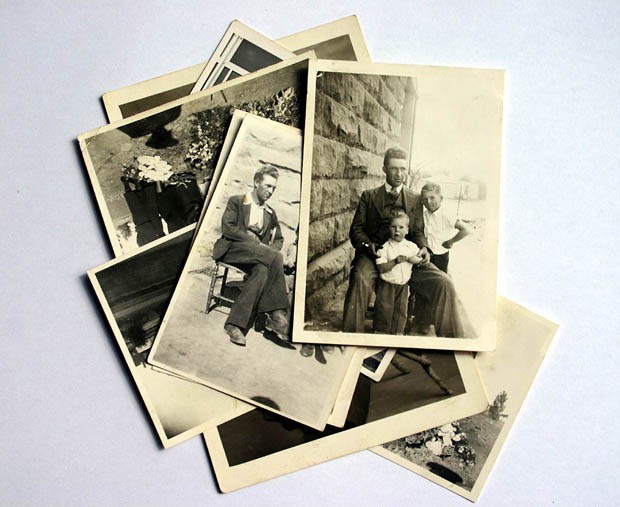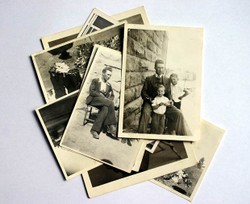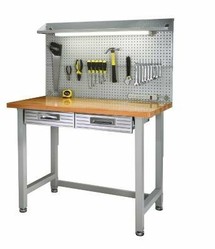Perhaps there are also old albums full of memories from the past. Photographs are keepsakes, so it is important to take care of them. Storing loose photos or whole albums in boxes can actually cause more harm than good. To preserve past, present and future photos, consider the following tips.

How to Store Family Photos
by redpointhq
In almost every attic or storage shed, there is a box of old photographs.
Scan loose old photos
Take advantage of modern technology, and scan all those old loose pictures. They will certainly not have the same digital quality as modern photos, but at least these memories can be stored electronically. Even if proper measures are taken to store paper photos, they could still perish in a fire or other disaster. Having electronic copies ensures they will live on.
 Preserve old memories |
Store digital files on CDs and online
Always use archival CDs. They are slightly more expensive, but they last much longer than regular CDs. There are many online photo storage sites. Some come with monthly fees. However, most have limited provisions for free. Upload all current photos from a digital camera, and be sure to upload any scanned images of old paper photos. Be sure to sign up for full account security, and add two regular email addresses. This will ensures the photos can be recovered if the account is hacked or the password is lost.
Purchase archival photo albums
If there are any loose old photos, place them in archival albums. These products are available at most craft stores. The sleeves and covers are made from acid-free materials, which contribute to longer photo life. Cardboard boxes, black paper albums and older adhesive-backed albums are all made with materials containing acids.
Store deteriorating photos separately
There is no use in storing deteriorating photos with those that are in mint condition. To prevent damaged pictures from deteriorating further, store them between two pieces of acid-free archival paper. Photos printed in black and white should not be stored with color photos, and negatives should be stored separately.
Carefully store negatives in acid-free sleeves
Wash hands thoroughly before handling any negatives. Pick them up by the edges, and avoid touching the photo faces of the rolls. Place the negatives in sleeves, then store each sleeve between sheets of dark acid-free paper. Use an acid-free archival storage box to preserve them. These boxes are available from most craft suppliers.
Treat scrapbook items with care
If any newspaper clippings, announcements or invitations must accompany photos in an album, make photo copies of them on acid-free paper. Use the acid-free copies in the photo album, and store the originals between sheets of archival paper or photo sleeves.
Store all photos properly
Proper photo storage does not end with putting the items in acid-free sleeves. Boxes filled with archival albums and paper must also be stored properly to ensure the photos will last. Heat, light, moisture and chemicals can all damage photos that are in archival containers. For best results, store the items in a cool dry place. Make sure chemicals and moisture cannot enter. Attics are usually bad places for photos. Heat rises, so attics are often too hot during the summer months. Dark dry closets or rooms where no sources of moisture exist are optimal. People who own storage units should avoid using them for photos.
Final Tips
When tackling these tasks, remember to label the photos. There are special markers that do not contribute to deterioration. Most major craft stores sell these in their scrapbook aisles. Although stickers and other accessories may make a photo album or scrapbook more interesting, be sure to use only acid-free products.
The most important thing to remember is to look for products marked with the word "archival". Many people wonder about the mysterious old photos they find in boxes. Who are the people in the photos? What is the story behind this picture? Where was this photo taken? Try to find out, and write down any available information. Labeling and preserving old and current photos eliminates the mystery, and future generations will appreciate these priceless treasures.
About the author
John Hannah is an avid blogger who loves web design and rock climbing. His current projects include work for Bolivia Self Storage in North Carolina.
You might also like
Use Essential Oils to keep spiders awayUsing essential oils is a great natural and inexpensive method to keep spider...
How to build the perfect garage workbenchLighted workbench in the garage makes the perfect spot for craft projects, bu...



 How To Store Antique Textileson 05/10/2012
How To Store Antique Textileson 05/10/2012
 How to Store Antiqueson 05/03/2012
How to Store Antiqueson 05/03/2012
 Specialty Self Storage Adviceon 05/03/2012
Specialty Self Storage Adviceon 05/03/2012
 How to Store Clothingon 05/03/2012
How to Store Clothingon 05/03/2012


Comments